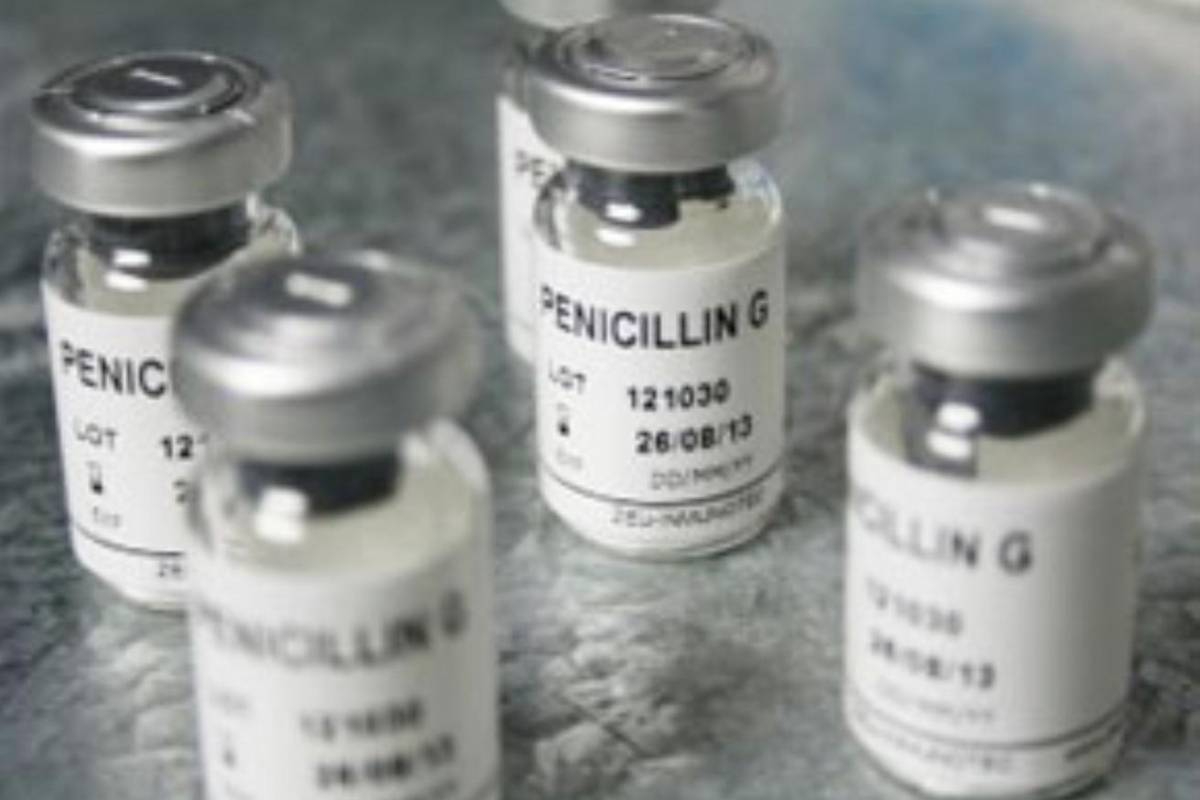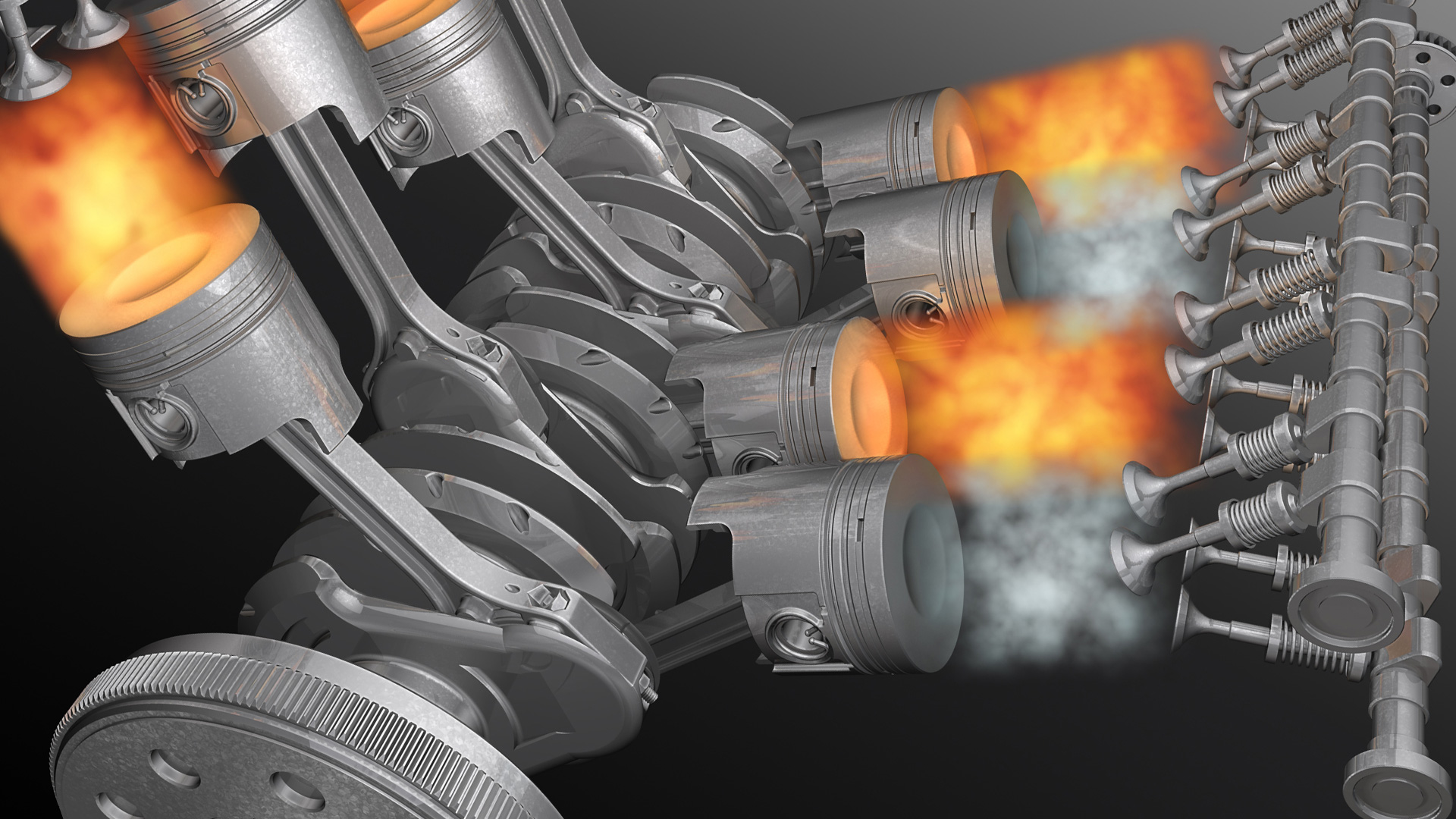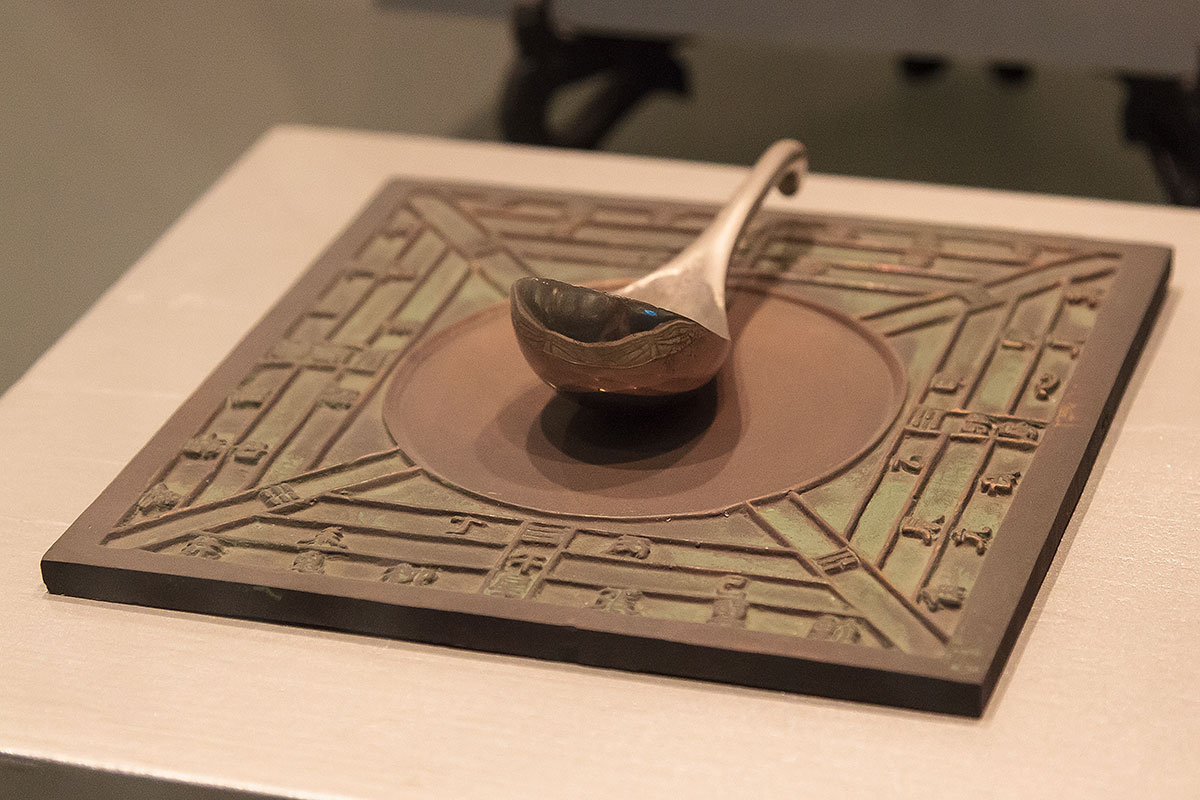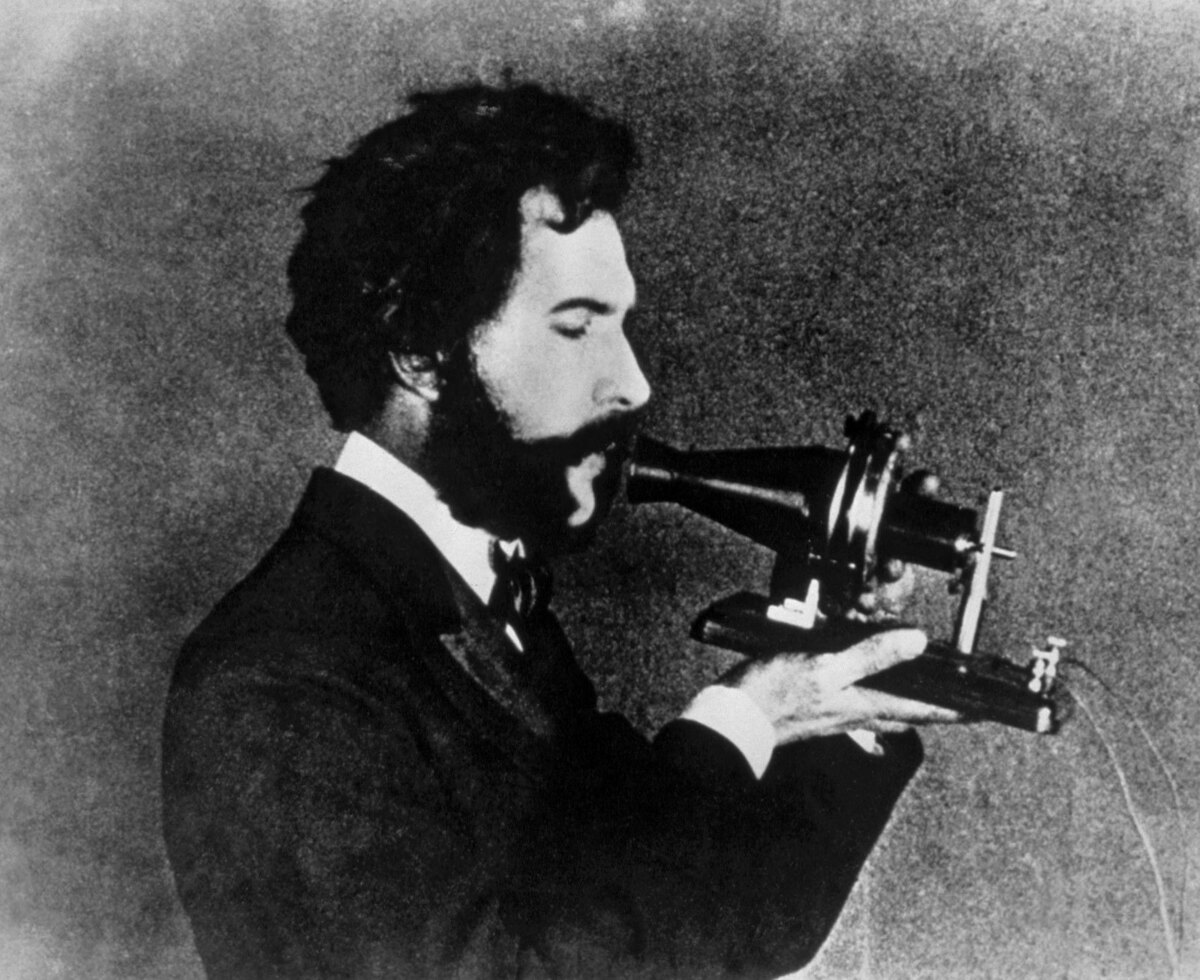Here is a list of 7 human inventions that changed the face of mankind.
Penicillin
In 1928, the Scottish scientist Alexander Fleming noticed a bacteria-filled Petri dish in his laboratory with its lid accidentally ajar. The sample had become contaminated with a mold, and everywhere the mold was, the bacteria was dead.
That antibiotic mold turned out to be the fungus Penicillium, and over the next two decades, chemists purified it and developed the drug Penicillin, which fights a huge number of bacterial infections in humans without harming the humans themselves. Penicillin was being mass produced and advertised by 1944. This poster attached to a curbside mailbox advised World War II servicemen to take the drug to rid themselves of venereal disease.

Contraceptives
Not only have birth control pills, condoms and other forms of contraception sparked a sexual revolution in the developed world by allowing men and women to have sex for leisure rather than procreation, they have also drastically reduced the average number of offspring per woman in countries where they are used.
With fewer mouths to feed, modern families have achieved higher standards of living and can provide better for each child. Meanwhile, on the global scale, contraceptives are helping the human population gradually level off; our number will probably stabilize by the end of the century. Certain contraceptives, such as condoms, also curb the spread of sexually transmitted diseases.

The Internal Combustion Engine
In these engines, the combustion of a fuel releases a high-temperature gas, which, as it expands, applies a force to a piston, moving it. Thus, combustion engines convert chemical energy into mechanical work. Decades of engineering by many scientists went into designing the internal combustion engine, which took its modern form in the latter half of the 19th century. The engine ushered in the Industrial Age, as well as enabling the invention of a huge variety of machines, including modern cars and aircraft.

The Compass
Ancient mariners navigated by the stars, but that method didn’t work during the day or on cloudy nights, and so it was unsafe to voyage far from land. The Chinese invented the first compass sometime between the 9th and 11th century; it was made of lodestone, a naturally-magnetized iron ore, the attractive properties of which they had been studying for centuries. Soon after, the technology passed to Europeans and Arabs through nautical contact. The compass enabled mariners to navigate safely far from land, increasing sea trade and contributing to the Age of Discovery.

The Telephone
Though several inventors did pioneering work on electronic voice transmission (many of whom later filed intellectual property lawsuits when telephone use exploded), Alexander Graham Bell was the first to be awarded a patent for the electric telephone in 1876. The invention quickly took off, and revolutionized global business and communication.

The Internet
It really needs no introduction: The global system of interconnected computer networks known as the Internet is used by billions of people worldwide. Countless people helped develop it, but the person most often credited with its invention is the computer scientist Lawrence Roberts. In the 1960s, a team of computer scientists working for the U.S. Defense Department’s ARPA built a communications network to connect the computers in the agency, called ARPANET. It used a method of data transmission called “packet switching” which Roberts, a member of the team, developed based on prior work of other computer scientists. ARPANET was the predecessor of the Internet.

The Wheel
Before the invention of the wheel in 3500 B.C., humans were severely limited in how much stuff we could transport over land, and how far. Wheeled carts facilitated agriculture and commerce by enabling the transportation of goods to and from markets, as well as easing the burdens of people traveling great distances. Now, wheels are vital to our way of life, found in everything from clocks to vehicles to turbines.
